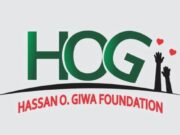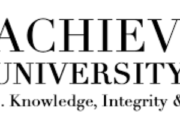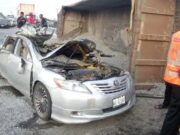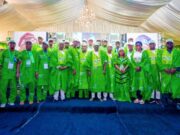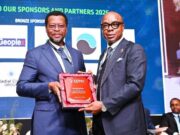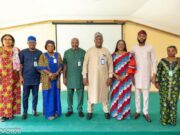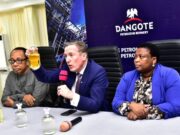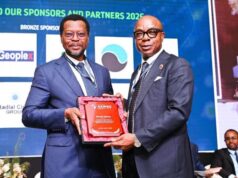Director-General, Standards Organisation of Nigeria (SON), Dr. Ifeanyi Okeke, has called for a comprehensive approach to prevent repeated building collapse in the country.
The approach is to ensure safety and integrity of structures in Nigeria, adding that compliance to Specifications and Codes of Practice in standards by regulators and service providers in the sector plays an important role in reinstating the eroding confidence of Nigerians in the Nigerian building industry, he said.
In a statement signed by the Director, Press, Mrs. Foluso Bolaji, it states that investigations carried out by the SON on the cause of incessant building collapse was attributed to poor structural designs, quackery, unprofessionalism and inadequate or lack of soil testing.
The statement said: “Other causes include poor practices and procedures, unapproved construction, wrong demolition process, lack of maintenance, negligence, use of substandard materials, steel reinforcement bars as well as poor drainage around the collapsed buildings.
“The Organisation on its part has produced 168 Standards and Codes of Practice for the building and construction industry since 2004 for contractors to implement during construction. These standards are, Nigerian Industrial Standard (NIS) 117, 2004 Specification for Steel Bars for the Reinforcement of Concrete, Nigerian Industrial Standard (NIS) 499, 2004 Standard for Iron and Steel,”
Nigerian Industrial Standard (NIS) 588, 2007 Testing Hardened Concrete Part 1,Method for Determination of the Compressive Strength of Concrete Cores, Nigerian Industrial Standard (NIS) 585, 2007 Standard for Concrete Admixtures – Part 1 – Specification for Accelerating Admixtures, Retarding Admixtures and Water Reducing Admixtures, Nigerian Industrial Standard (NIS) 156, 1982 Standard Method for Testing Fresh Concrete and Nigerian Industrial Standard (NIS) ISO 41001, 2020 Facility Management System Standard amongst others”.
Dr. Okeke noted that the Organization has established regulatory powers established in the SON Act, this is to ensure locally manufactured products through its Mandatory Conformity Assessment Programe (MANCAP) and its pre-shipment verification of conformity to standards for imported goods through the Standards Organisation of Nigeria Conformity Assessment Programme (SONCAP).
Credit: thenationonlineng.net







